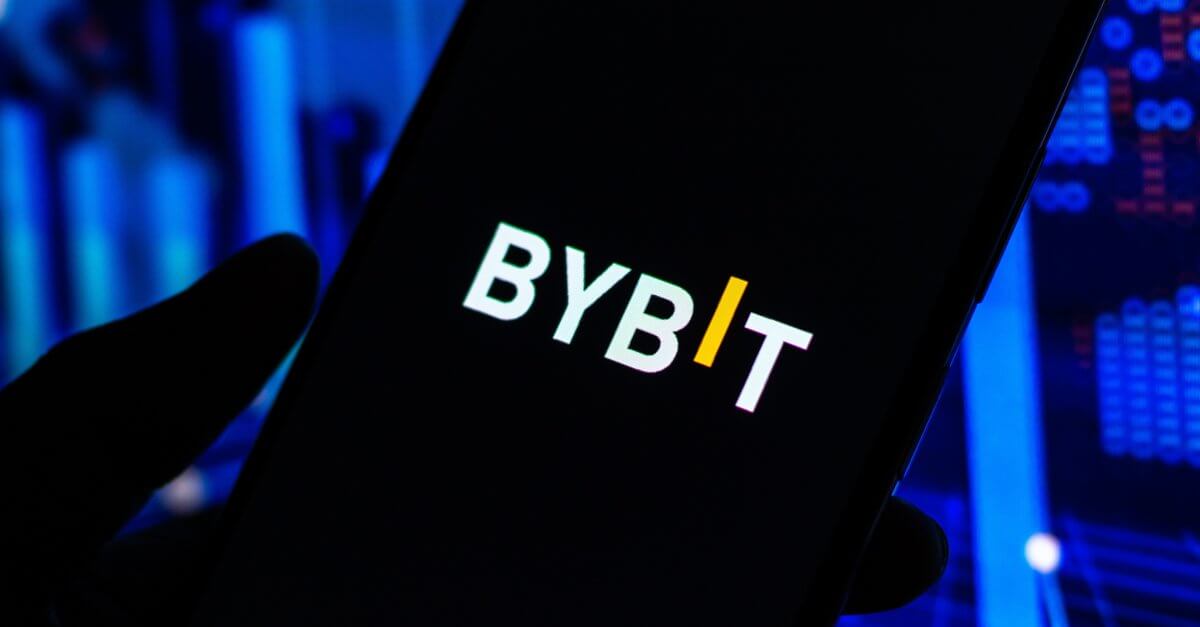Bybit’s Market Share Plummets After $1.5 Billion Hack, Binance Gains Ground
11.03.2025 10:00 1 min. read Alexander Stefanov
Bybit, a leading cryptocurrency exchange, has faced a significant setback in its market position following a massive security breach that resulted in the theft of $1.5 billion worth of assets in February.
Market data from Kaiko indicates that Bybit’s share dropped sharply from nearly 20% on February 21, the day the hack occurred, to just 5% by March 2. As of March 9, the exchange has managed a slight recovery, reaching 9.04%.
In contrast, Binance capitalized on the turmoil, increasing its market share to 62% immediately after the breach. However, this figure has since decreased to around 50%.
The hack, which took place on February 21, involved a vulnerability in Bybit’s cold wallet system, leading to the largest exchange theft in history. Hackers managed to siphon off $1.5 billion in Ethereum, highlighting serious flaws in the exchange’s security infrastructure.
Efforts to track down the stolen funds have intensified, with blockchain experts and authorities working to recover assets linked to the North Korean hacking group, Lazarus, notorious for its sophisticated laundering techniques.
Elliptic, a blockchain analytics firm, has revealed that approximately $300 million of the stolen funds have already been laundered, making recovery efforts even more challenging.
-
1
UK Regulators Unveil PISCES – A New Era for Private Share Trading
11.06.2025 15:00 2 min. read -
2
Trump Turns 79 With Billions in Crypto and a $45M Parade
14.06.2025 22:00 2 min. read -
3
Polygon Breaks from Decentralization as Sandeep Nailwal Assumes Full Control
11.06.2025 20:00 2 min. read -
4
KuCoin Plants Its Flag in Bangkok With a Licensed Thai Exchange
14.06.2025 13:00 1 min. read -
5
Nvidia CEO Urges UK to Invest in AI Infrastructure or Risk Falling Behind
10.06.2025 9:00 1 min. read
What Will Happen With the Stock Market if Trump Reshapes the Fed?
Jefferies chief market strategist David Zervos believes an upcoming power shift at the Federal Reserve could benefit U.S. equity markets.
U.S. Bank Advises Clients to Drop These Cryptocurrencies
Anchorage Digital, a federally chartered crypto custody bank, is urging its institutional clients to move away from major stablecoins like USDC, Agora USD (AUSD), and Usual USD (USD0), recommending instead a shift to the Global Dollar (USDG) — a stablecoin issued by Paxos and backed by a consortium that includes Anchorage itself.
Vitalik Buterin Warns Digital ID Projects Could End Pseudonymity
Ethereum co-founder Vitalik Buterin has voiced concerns over the rise of zero-knowledge (ZK) digital identity projects, specifically warning that systems like World — formerly Worldcoin and backed by OpenAI’s Sam Altman — could undermine pseudonymity in the digital world.
What Are the Key Trends in European Consumer Payments for 2024?
A new report by the European Central Bank (ECB) reveals that digital payment methods continue to gain ground across the euro area, though cash remains a vital part of the consumer payment landscape — particularly for small-value transactions and person-to-person (P2P) payments.
-
1
UK Regulators Unveil PISCES – A New Era for Private Share Trading
11.06.2025 15:00 2 min. read -
2
Trump Turns 79 With Billions in Crypto and a $45M Parade
14.06.2025 22:00 2 min. read -
3
Polygon Breaks from Decentralization as Sandeep Nailwal Assumes Full Control
11.06.2025 20:00 2 min. read -
4
KuCoin Plants Its Flag in Bangkok With a Licensed Thai Exchange
14.06.2025 13:00 1 min. read -
5
Nvidia CEO Urges UK to Invest in AI Infrastructure or Risk Falling Behind
10.06.2025 9:00 1 min. read


